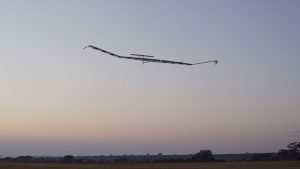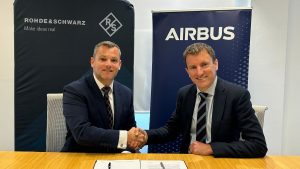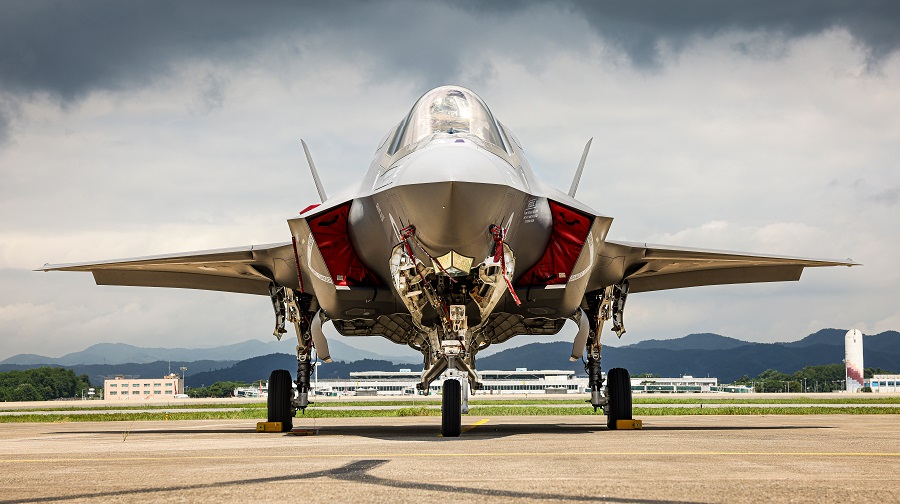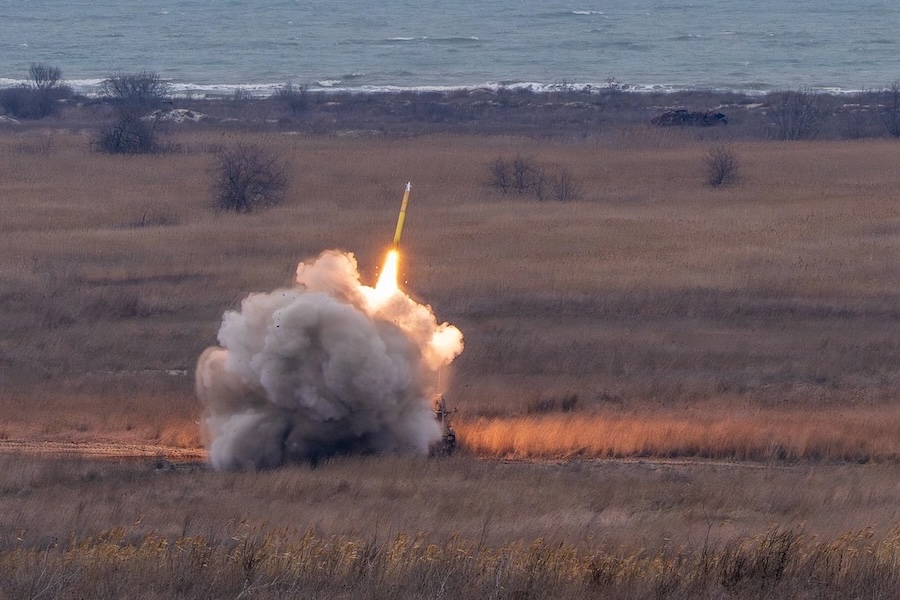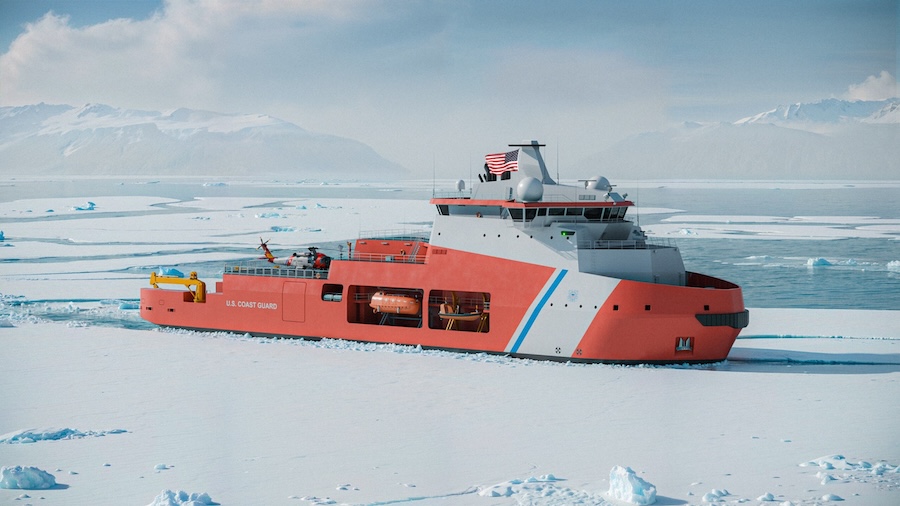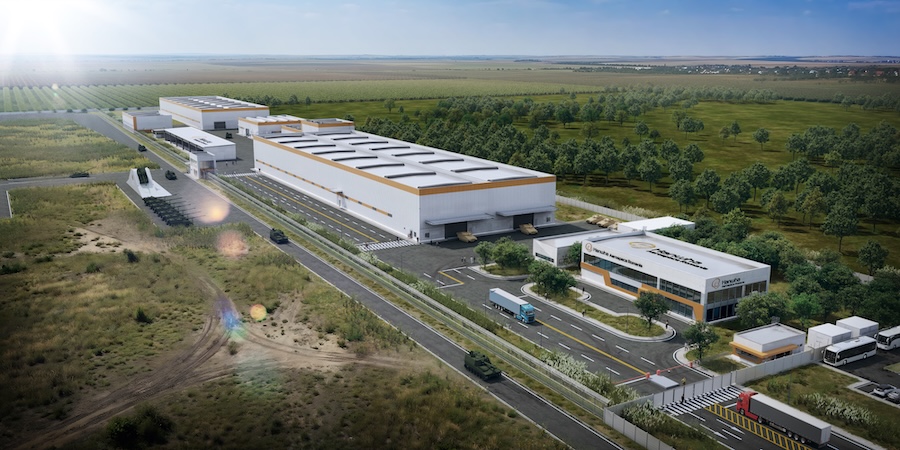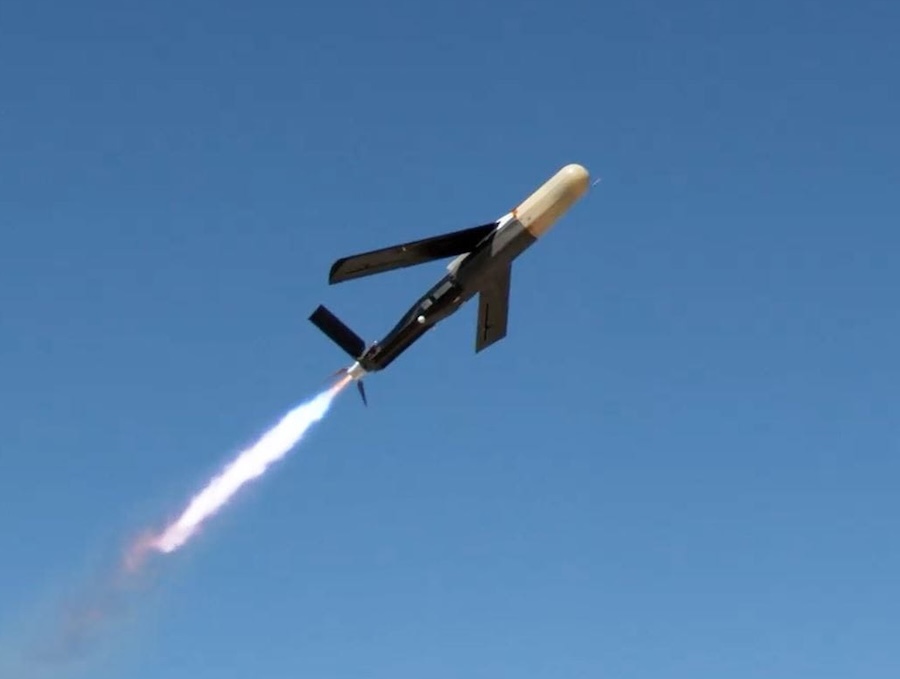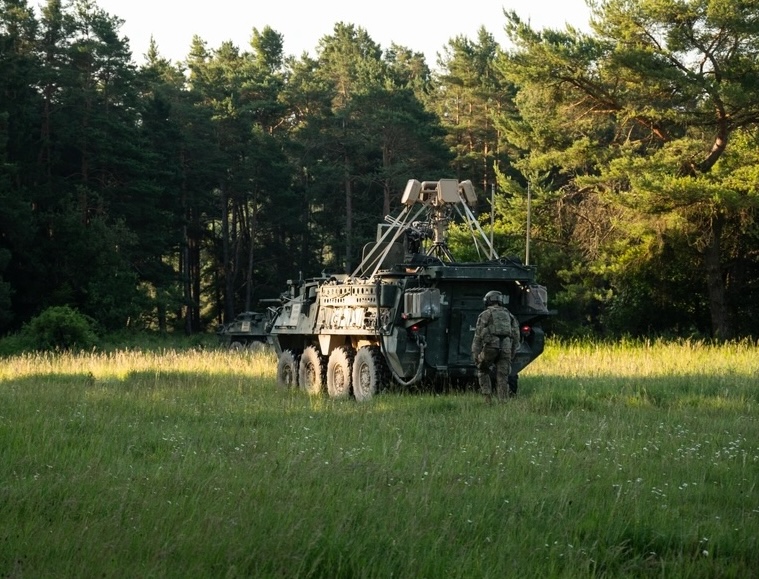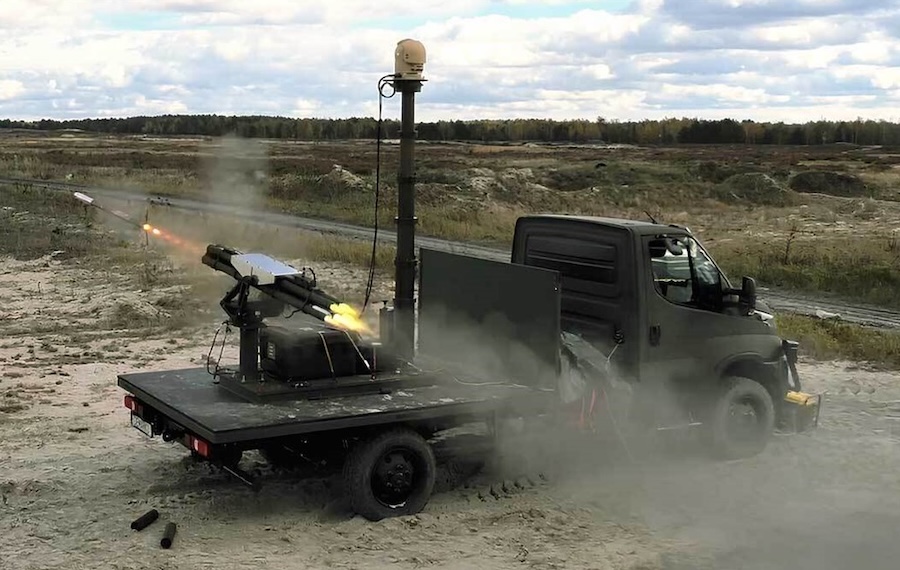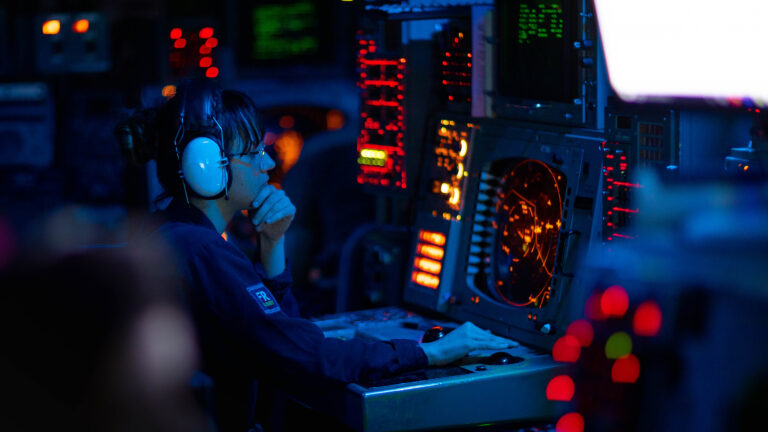The lander will guide the rover safely through Mars’ atmosphere and support its deployment after touchdown. Airbus will provide the mechanical, thermal and propulsion systems needed to ensure a secure landing.
Work will be carried out at Airbus’ Stevenage site, where the team will develop components including the braking system, landing structure and landing gear. Two ramps will be fitted to the platform to enable the rover to descend safely using the most secure route.
Kata Escott, Managing Director at Airbus Defence and Space UK, highlighted the scale of the mission: “Getting the Rosalind Franklin rover onto the surface of Mars is a huge international challenge and the culmination of more than 20 years’ work.” She added, “Rosalind Franklin will be the first Martian rover able to analyse samples from two metres below the surface in its search for past or present life.”
The rover, built at Airbus’ cleanroom facility in Stevenage, was originally scheduled for launch in 2022. However, the mission was postponed due to the conflict in Ukraine.
Airbus is now collaborating with TAS, ESA and NASA to prepare for a 2028 launch aboard a NASA rocket. Upgrades include new software and NASA-supplied Radioisotope Heater Units to help the rover withstand harsh Martian conditions.
UK Technology Secretary Peter Kyle praised the project, saying: “This inspiring example of world-class British science will bring us one step closer to answering long-asked questions on potential life on Mars.” He added, “Airbus will not only help Britain make history and lead the European space race but also bring hundreds of highly skilled jobs and investment.”
The landing is scheduled for 2030, timed to avoid the planet’s global dust storm season. The rover’s scientific mission aims to deepen our understanding of Mars and expand the UK’s leadership in space exploration.




